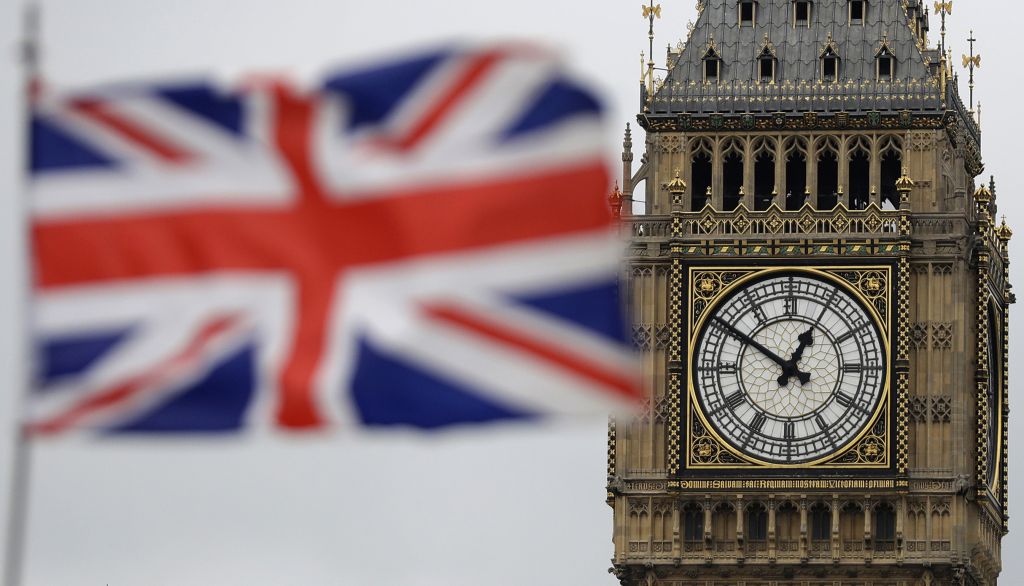UK Government Shakes Up Crypto Policy: What’s Next?
13.07.2024 12:00 1 min. read Alexander Stefanov
After a decisive election victory on July 4, the UK Labour Party, under Prime Minister Keir Starmer, has begun appointing officials to key government roles.
Among these appointments is Tulip Siddiq, who now assumes the dual role of Economic Secretary to the Treasury and City Minister. Her responsibilities include overseeing policies concerning digital assets and central bank digital currencies in the UK.
Previously serving as Shadow City Minister and Shadow Economic Secretary under the Conservative government, Siddiq has advocated for robust regulations on cryptocurrencies.
In a notable May 2023 op-ed in the New Statesman, she called for comprehensive government frameworks to manage the risks and opportunities presented by crypto assets, criticizing the previous administration’s approach as insufficient.
Recognized by CryptoUK in 2022 as one of the top UK lawmakers discussing crypto and blockchain in Parliament, Siddiq is viewed by industry figures as potentially pivotal in positioning the UK as a global center for tokenized assets following Labour’s electoral success.
Under Starmer’s leadership, the Labour government has prioritized issues such as housing and healthcare, suggesting that the development of regulatory frameworks for Web3 technologies may be deferred until a clearer crypto policy direction is established.
-
1
Vietnam Charts a Clear Course for Digital Assets With New 2026 Law
16.06.2025 18:00 1 min. read -
2
GENIUS Act Clears Senate, Setting Stage for First U.S. Crypto Law
18.06.2025 12:00 1 min. read -
3
Coinbase and Set Gemini to Expand in EU Under MiCA Rules
17.06.2025 13:00 2 min. read -
4
Wall Street Prepares for Stablecoin Integration as Regulatory Path Clears
19.06.2025 11:00 1 min. read -
5
U.S. Senate Moves Closer to Passing Landmark Stablecoin Legislation
17.06.2025 10:00 1 min. read
SEC Chairman With Important Comments on Regulation, Crypto, and Trading
U.S. Securities and Exchange Commission (SEC) Chairman Paul Atkins has emphasized the agency’s continued focus on investor protection, addressing insider trading, market manipulation, and the evolving landscape of cryptocurrency regulation.
Arizona Governor Vetoes Bill, Related to State Crypto Reserve Fund: Here Is Why
Arizona Governor Katie Hobbs has officially vetoed House Bill 2324, a legislative proposal that aimed to create a state-managed reserve fund for holding seized cryptocurrency assets.
SEC Explores New Fast-Track Process for Token-Based ETFs
The U.S. Securities and Exchange Commission (SEC) is in the early stages of developing a standardized listing framework for token-based exchange-traded funds (ETFs), according to a July 1 report by journalist Eleanor Terrett.
SEC Approves Grayscale ETF Tracking Top Five Cryptocurrencies
The U.S. Securities and Exchange Commission (SEC) has officially approved the conversion of the Grayscale Digital Large Cap Fund into an exchange-traded fund (ETF), finalizing its transition from an over-the-counter product into a fully regulated ETF structure.
-
1
Vietnam Charts a Clear Course for Digital Assets With New 2026 Law
16.06.2025 18:00 1 min. read -
2
GENIUS Act Clears Senate, Setting Stage for First U.S. Crypto Law
18.06.2025 12:00 1 min. read -
3
Coinbase and Set Gemini to Expand in EU Under MiCA Rules
17.06.2025 13:00 2 min. read -
4
Wall Street Prepares for Stablecoin Integration as Regulatory Path Clears
19.06.2025 11:00 1 min. read -
5
U.S. Senate Moves Closer to Passing Landmark Stablecoin Legislation
17.06.2025 10:00 1 min. read


